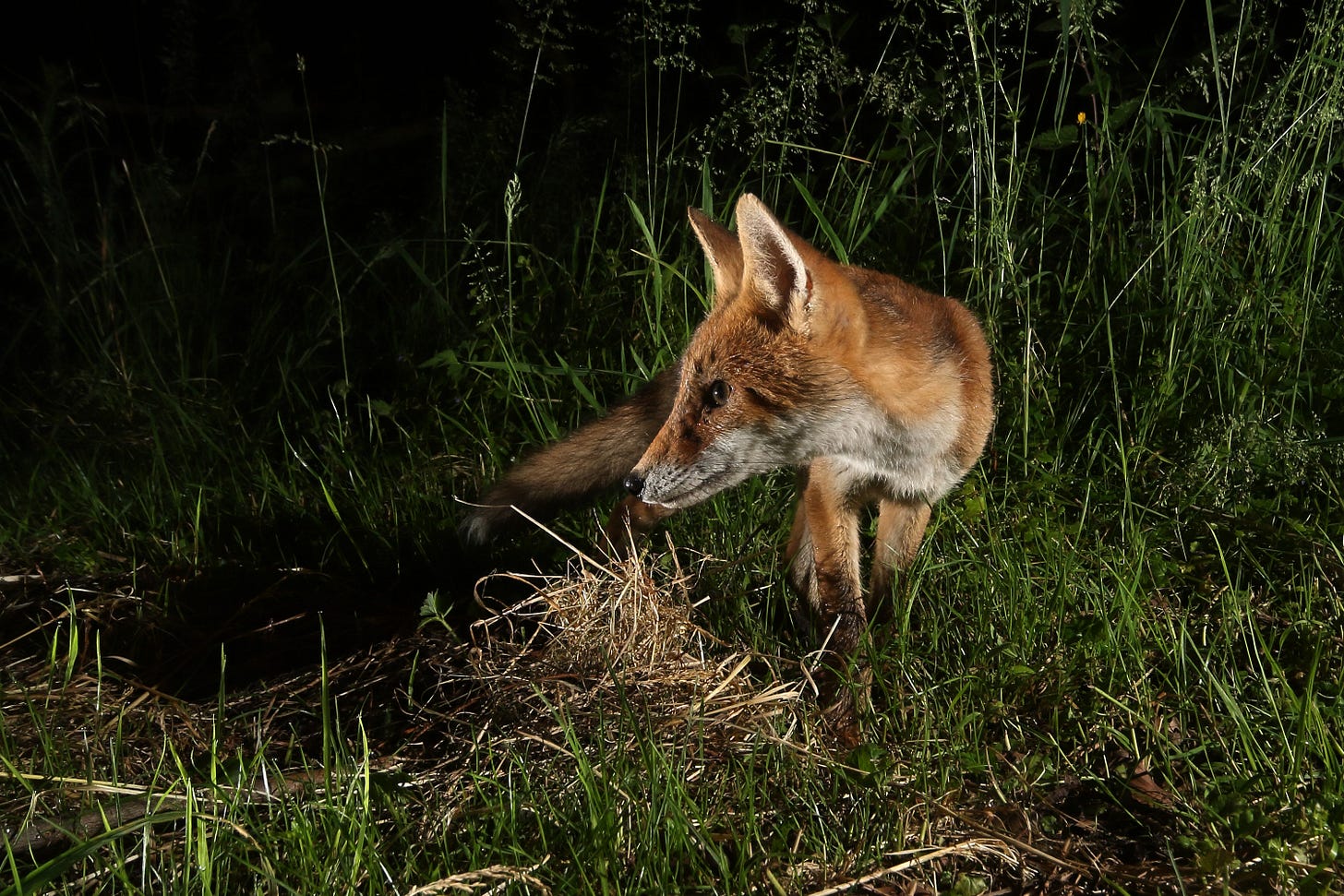A quick notice here, just to avoid cluttering your busy inboxes. Over the months a few people have kindly asked if I would read some pieces out loud. I don’t know if that’s something I’m any good at but I’ve recorded a few and added them to the existing written posts. If anyone enjoys them I’ll gladly do more. I’ll wait and see what you think of these:
https://davidknowles.substack.com/p/the-ghost-with-a-bucket-that-sings?r=1k4vmr
https://davidknowles.substack.com/p/an-intimacy-of-bats?r=1k4vmr
https://davidknowles.substack.com/p/the-mayflies-song?r=1k4vmr
Have you ever rowed an old wooden skiff into wind? One that has, over long years of service, developed a slight twist. A concealed will of its own to turn always to starboard, or to port, depending on which side of the boat the sun has struck during the long months of its waiting, hauled up on a sandy tie-down. This was a commonplace in my life, back in the day. Crossing out to an island or the upwind bay of one abyssal Assynt loch or another. A moment’s inattention to the oars and the bow would be away, plotting its own course behind my back. A shoulder-wrenching one-sided heave to bring her back into wind. And there is danger here, as well as frustration. I would not have been the first fisherman to have gone broadside onto a deceptive long-reach swell on Cam or Mheathadaidh or Lurgainn and rued the day. These are cavernous glacial lochs, hundreds of feet deep. Bottomless, some say. They are dark places, where the body is never recovered.
For the last two weeks I have been pulling hard on the oars, writing my way across deep cold water in just such a twisted skiff. Working on a piece which would not stay into wind, but veered away time and again into sadness and then into bitterness, threatening to roll the gunwale under a wave of despair. You do not need my sadness. The world is bitter enough. So I took the matter in hand, laid the words down softly on the ground and pressed delete. For the best.
And yet. Through the open window last night, a vixen spoke. The aching hollow of her call ransacking my dreams. This was the voice I had borrowed and, I understand now, had placed at the centre of the deleted piece. Not that she had a lot to say. Much less than I do, muttering and mumbling from dawn to dusk. She really only had a walk-on part in that long, black drama. But those few lines which she did have, it appears, she wants you to hear after all…
Lore and disorder
The she-fox does not understand why it is now impermissible to descend in the old way from High-Hillside den: along the left bank of the beck, down as far as the ancient alder with a hollowed trunk which had so fascinated her as a child. Then across at the ford and on out over the fields to the many named bifurcations of paths which her mother and her mother’s mother had padded. They taught her the names and their reasons. How each tussock and tump along the way has its unique place in the intricate dance of survival. Each gulley is favoured either by dusk or by dawn, never by both. Each barely perceptible dip is suited only to moonlight or to shadow. A particular line of cover is innervated by a warm westerly breeze, another by the cold katabatic tumble of hillside air. The setting down of this epic depiction of a single Cumbrian fellside had taken generations. The composition and nightly recital of this great masterpiece were governed by metrical rules so complex that they would make the ancient bards weep.
Sometimes, when she is distracted by stars, her feet still set off of their own accord down the ancestral path, reciting and reinterpreting the land-poem of her kin, line by line, step by step. She shudders awake at the sprouting horseshoe stump of a felled alder, its mutilated remains grotesquely familiar, and blinks at a chaos of chain-link fence and arc-light. She can go no further. As she retraces her steps uphill, the rhythms and the rhymes of the ancient ballad become a nonsense. These places where she sets her feet, their pads as sensitive as a pianist’s fingers, are the notes of the evening outbound song. No melody so intricate could ever work in reverse. The balance and unity of the poem are gone. She will need to write a new one for her children, as best she can.






Ahhh. You did it again. My heart aches with the beauty of it.
I love your reading! Please do more. And this piece about the vixen touches my heart.